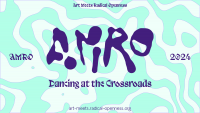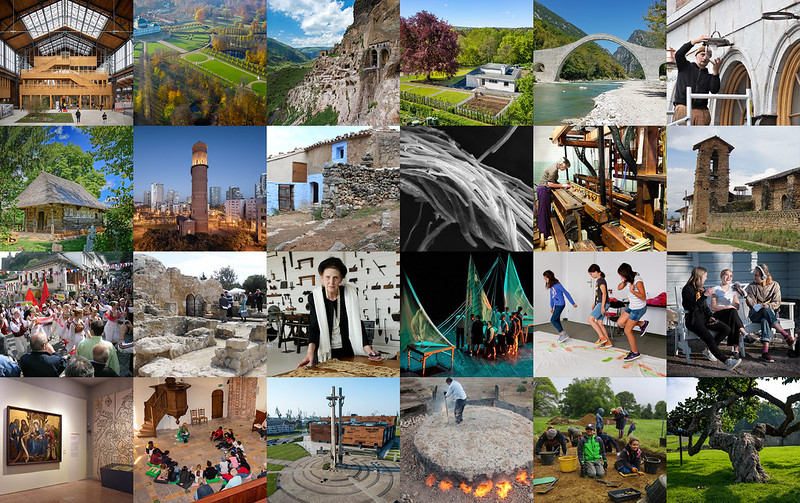
In 2002 the European Commission launched the Awards programme European Heritage Awards / Europa Nostra Awards which is run by Europa Nostra and is supported by the Creative Europe programme of the European Union; the awards highlight and share heritage excellences and best practices, encourage the cross-border exchange of knowledge and connect heritage stakeholders in wider networks.
Each year, the Award winners are selected by independent juries composed of heritage experts from across Europe, upon evaluation of candidatures submitted by organisations and individuals from 30 European countries.
The 2021 winners, 24 exemplary achievements from 18 European countries, were selected in the four categories :
- Conservation Projects
- Research Projects
- Dedicated Service to Heritage by Organisations & Individuals
- Education, Training and Awareness-raising Projects
The announcement of the Award winners was made last 25th May at a live online event co-hosted by Mariya Gabriel, European Commissioner for Innovation, Research, Culture, Education and Youth, and Hermann Parzinger, Executive President of Europa Nostra.
Furthemore, two ILUCIDARE Special Prizes will also be awarded from among the submitted applications to the European Heritage Awards / Europa Nostra Awards. The shortlisted projects will be announced on June 10 and the winners will be unveiled in the autumn of this year.
The winners of the European Heritage Awards / Europa Nostra Awards 2021 for each category:
Conservation Projects:
- Gare Maritime, Brussels, BELGIUM
- Fredensborg Palace Garden, DENMARK
- Vardzia Rock-Cut Complex, GEORGIA
- Haus Am Horn, Weimar, GERMANY
- Plaka Bridge, Epirus, GREECE
- 18 Ormond Quay Upper, Dublin, IRELAND
- Wooden Church of Urși Village, Vâlcea County, ROMANIA
- Besòs Water Tower, Barcelona, SPAIN
- Mas de Burot, Els Ports Natural Park, SPAIN
Research Projects:
- FIBRANET – FIBRes in ANcient European Textiles, DENMARK/GREECE
- Control Shift – European Industrial Heritage Reuse in Review, GREECE/NETHERLANDS
- ART-RISK – Artificial Intelligence Applied to Preventive Conservation, SPAIN
Dedicated Service to Heritage by Organisatio Individuals:
- Gjirokastra Foundation, ALBANIA
- Technical Committee on Cultural Heritage, CYPRUS
- Rita Bargna, ITALY
- GEFAC – Group of Ethnography and Folklore of the Academy of Coimbra, PORTUGAL
Education, Training and Awareness-raising Projects:
- Following in the Steps of Bulgarian Folklore, BULGARIA
- Heritage Hubs, FINLAND/ITALY/SERBIA/SPAIN
- The Invention of a Guilty Party, Trento, ITALY
- Holidays! In the East and West – The School Church, Groningen, THE NETHERLANDS
- European Solidarity Centre – Permanent Exhibition, Gdańsk, POLAND
- Morón Artisan Lime, Morón de la Frontera, SPAIN
- Archaeology at Home, UNITED KINGDOM
- Morus Londinium: London’s Heritage through Trees, UNITED KINGDOM
Congratulations to the winners!
More information:


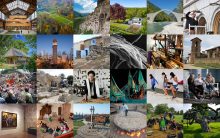
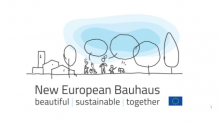
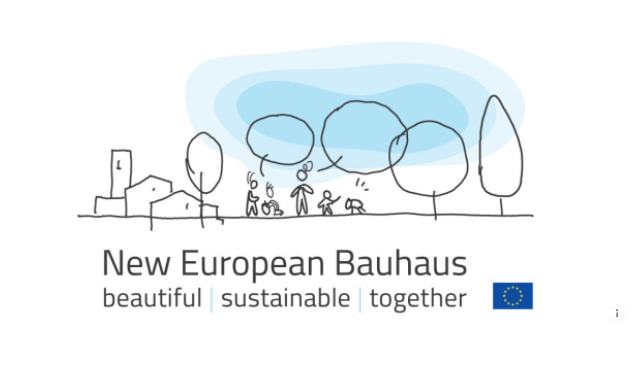 The European Commission has initiated a New European Bauhaus movement to shape future ways of living that answer the challenges we face today. Think green, sustainable and affordable, alongside accessible, inclusive and beautiful. Find out what it’s all about, what Europeana’s involvement is and how you can join the conversation today.
The European Commission has initiated a New European Bauhaus movement to shape future ways of living that answer the challenges we face today. Think green, sustainable and affordable, alongside accessible, inclusive and beautiful. Find out what it’s all about, what Europeana’s involvement is and how you can join the conversation today. To support cultural heritage sector’s involvement, Europeana will promote awareness and discussion of New European Bauhaus activities and opportunities throughout the year. We’ll focus on highlighting how the cultural heritage sector can contribute, and collaborate with other sectors including, for example, education, smart cities and the creative industries, to rethink and reshape how we live, and how we can use digital heritage to support that.
To support cultural heritage sector’s involvement, Europeana will promote awareness and discussion of New European Bauhaus activities and opportunities throughout the year. We’ll focus on highlighting how the cultural heritage sector can contribute, and collaborate with other sectors including, for example, education, smart cities and the creative industries, to rethink and reshape how we live, and how we can use digital heritage to support that.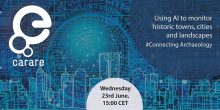
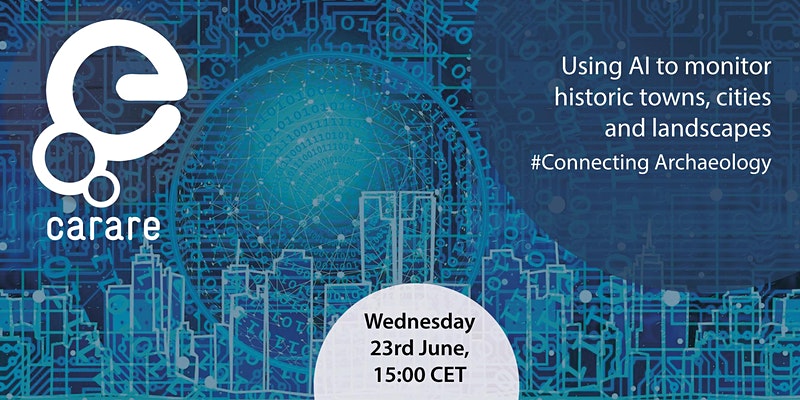 This webinar explores some of the ways that artificial intelligence is being used with aerial and satellite imagery to monitor landscapes.
This webinar explores some of the ways that artificial intelligence is being used with aerial and satellite imagery to monitor landscapes.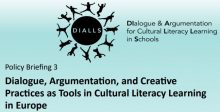
 The DIALLS research project (Dialogue & Argumentation for Cultural Literacy Learning in Schools), funded by the European Commission’s H2020 Programme (grant no 770045) has published its third and final policy brief entitled Dialogue, Argumentation, and Creative Practices as Tools in Cultural Literacy Learning in Europe.
The DIALLS research project (Dialogue & Argumentation for Cultural Literacy Learning in Schools), funded by the European Commission’s H2020 Programme (grant no 770045) has published its third and final policy brief entitled Dialogue, Argumentation, and Creative Practices as Tools in Cultural Literacy Learning in Europe.
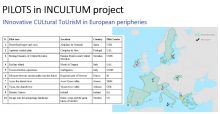
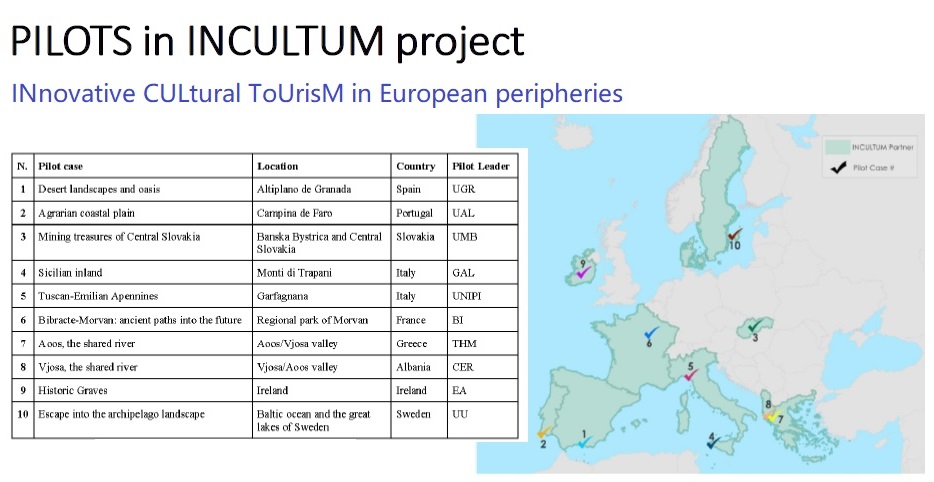
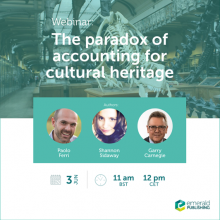
 This on line seminar will the occasion to present and discuss the findings of the latest research conducted by Paolo Ferri (Department of Management, Università degli Studi di Bologna, Bologna, Italy), Shannon I.L. Sidaway(Department of Accounting, RMIT University, Melbourne, Australia) and Garry D. Carnegie (Department of Accounting, RMIT University, Melbourne, Australia).
This on line seminar will the occasion to present and discuss the findings of the latest research conducted by Paolo Ferri (Department of Management, Università degli Studi di Bologna, Bologna, Italy), Shannon I.L. Sidaway(Department of Accounting, RMIT University, Melbourne, Australia) and Garry D. Carnegie (Department of Accounting, RMIT University, Melbourne, Australia).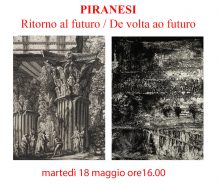
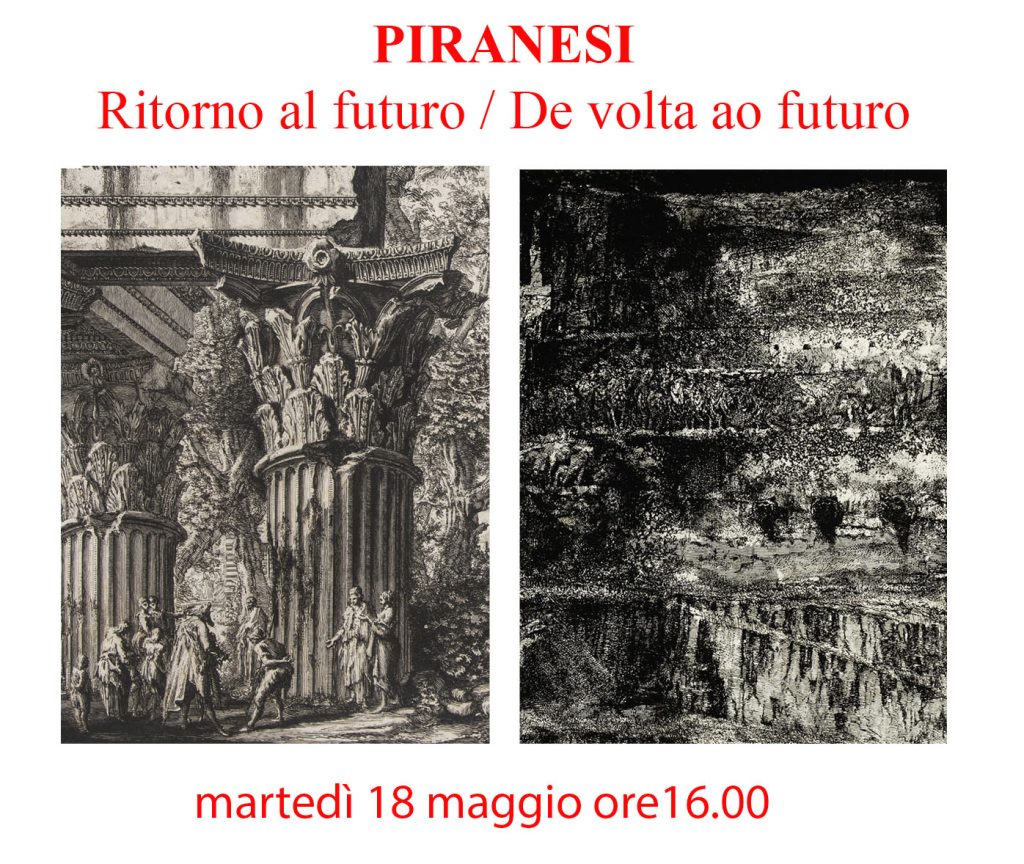
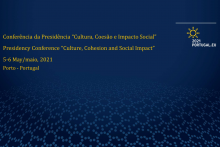
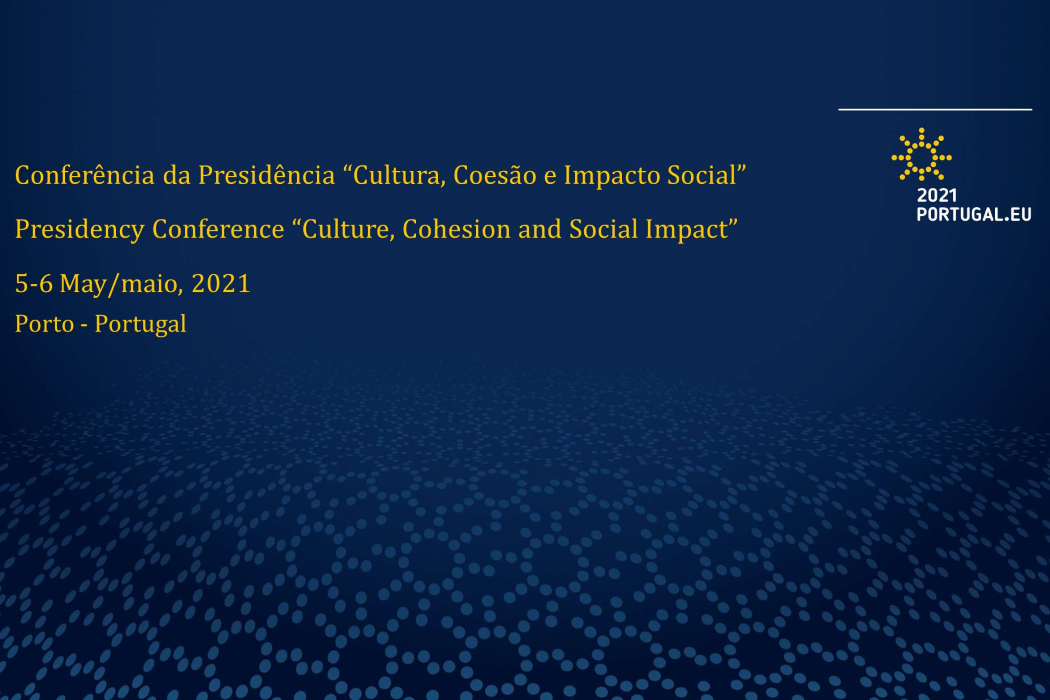 On May 5-6, 2021, in the framework of the Portuguese Presidency of the European Union Council, was held a high level Conference on the topic of Culture, education and youth, Employment and social rights. The two-day event was structured in a plenary session facing “The Social Impact of Culture” and in four principal panels:
On May 5-6, 2021, in the framework of the Portuguese Presidency of the European Union Council, was held a high level Conference on the topic of Culture, education and youth, Employment and social rights. The two-day event was structured in a plenary session facing “The Social Impact of Culture” and in four principal panels: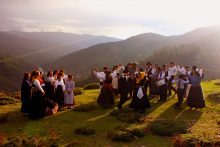
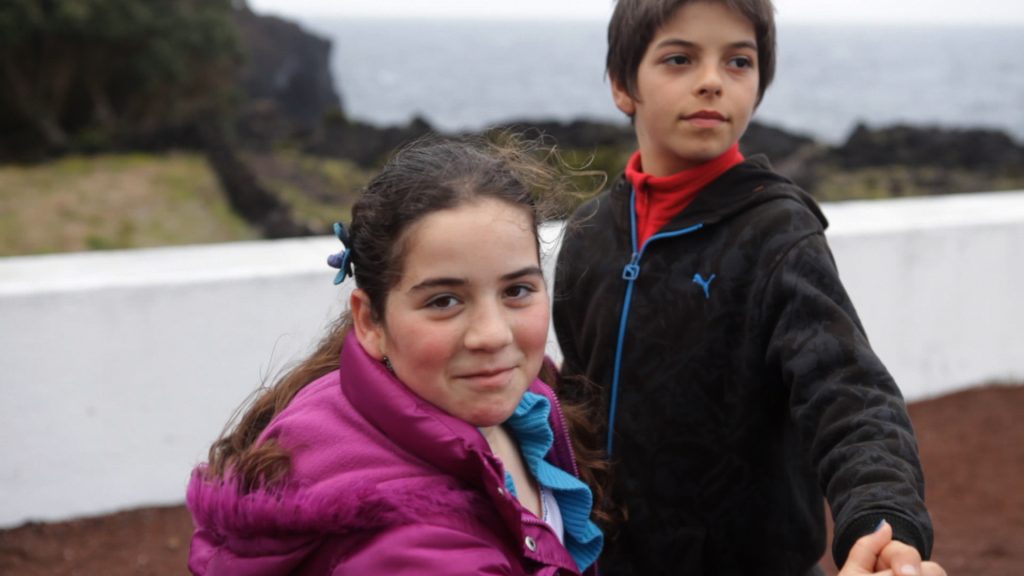
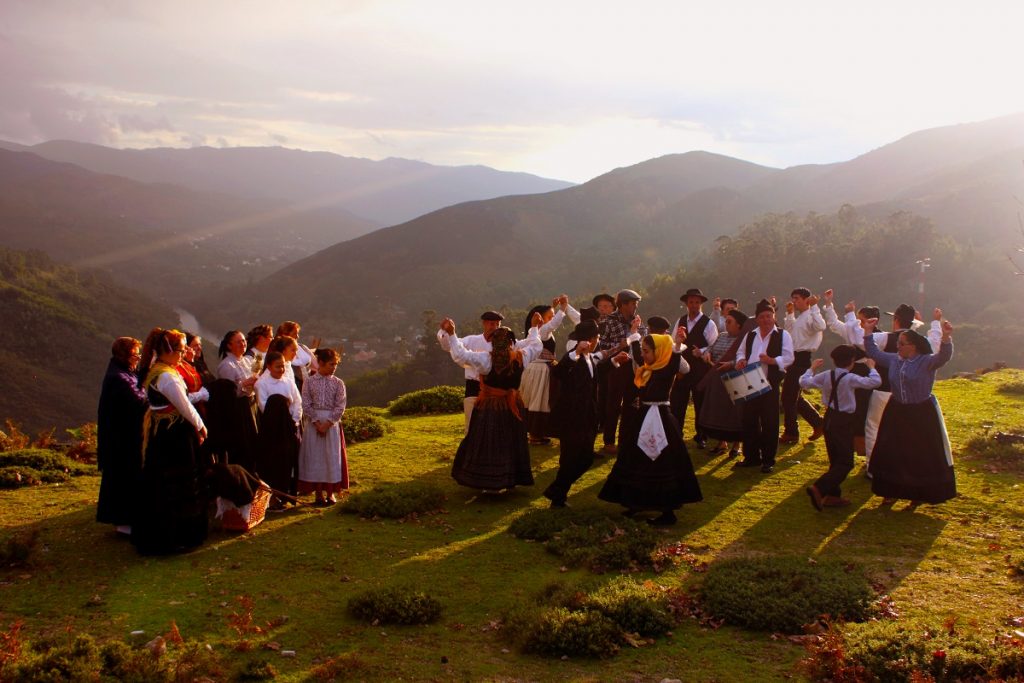
 If you have interesting news and events to point out in the field of digital cultural heritage, we are waiting for your contribution.
If you have interesting news and events to point out in the field of digital cultural heritage, we are waiting for your contribution.














